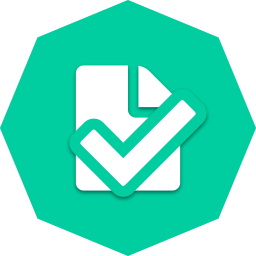Article - Move beyond alcohol-led events to create a truly inclusive culture
Started by Amanda Opie350 points
Amanda Opie



This insightful article in HR Magazine makes a vital point: traditional, alcohol-centric workplace gatherings can unintentionally exclude individuals—whether due to health, cultural, lifestyle, or personal choices.
In our workplaces, social events are more than just get-togethers - they’re opportunities for connection, morale-building, and relationship-building. And yet, when the spotlight is only on alcohol, we risk sidelining colleagues who don’t or can’t drink.
The piece encourages us to explore alternatives: thoughtful programming (think creative team activities, networking over coffee, structured group interactions), meaningful and accessible alcohol-free options (consider “sober-friendly,” “alcohol-free,” or “non-alcoholic” as inclusive labels), and conscientious scheduling—all to help ensure that everyone feels welcome and engaged.
Inclusive events aren’t just the right thing to do—they’re good for morale, equality, and productivity.
Let’s challenge the norm:
What workplace events have you attended where the focus went beyond alcohol? Or what ideas might you suggest that could make workplace socials more inclusive?

350 points
Amanda Opie
This insightful article in HR Magazine makes a vital point: traditional, alcohol-centric workplace gatherings can unintentionally exclude individuals—whether due to health, cultural, lifestyle, or personal choices.
In our workplaces, social events are more than just get-togethers - they’re opportunities for connection, morale-building, and relationship-building. And yet, when the spotlight is only on alcohol, we risk sidelining colleagues who don’t or can’t drink.
The piece encourages us to explore alternatives: thoughtful programming (think creative team activities, networking over coffee, structured group interactions), meaningful and accessible alcohol-free options (consider “sober-friendly,” “alcohol-free,” or “non-alcoholic” as inclusive labels), and conscientious scheduling—all to help ensure that everyone feels welcome and engaged.
Inclusive events aren’t just the right thing to do—they’re good for morale, equality, and productivity.
Let’s challenge the norm:
What workplace events have you attended where the focus went beyond alcohol? Or what ideas might you suggest that could make workplace socials more inclusive?